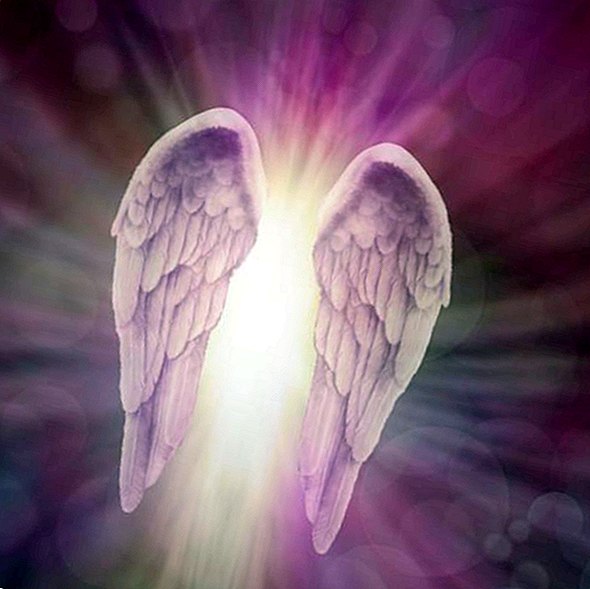Afterlife: What happens when we die?

We've all wondered: what happens when we die? Is it a purely medical process by simply ceasing to exist or does our soul live on after death?
Again and again, people who were on the verge of death tell of appearances, of tunnels or other worlds. Can all this be true or is our brain playing a joke on us? The dying and the question of a life after death has occupied doctors, researchers and believers for millennia. We summarize their key findings.
What happens when we die? That says the medicine!
No one dies from one moment to another, there are doctors sure. Dying is always a process and can vary from person to person. But it is clear that the moment the heart stops beating, the decay of the body begins. Gradually, the body cells die off, as well as the organs, which are no longer supplied with oxygen-rich blood from now on.
And also the brain dies. Already 30 seconds after the cardiac arrest it begins to adjust its functions. The lack of oxygen and sugar often leads to hallucinations, changes in consciousness or sensory deficits in dying people. After about three to five minutes, the brain is finally irrevocably damaged and one speaks of brain death? Incidentally, the only legal criterion for the death of a human being.
After all, it is also the undersupply of the brain that is responsible for the illusion of the near-death experience. So in one part of the brain, the parietal lobe, our spatial understanding sits. Due to the lack of oxygen, the dying person loses the sense of his body and often has the feeling of floating.
The situation is similar with the light at the end of the tunnel. According to the doctors, this is nothing but a false signal of the visual cells. And even the life that passes like a movie past or deceased relatives who suddenly receive one, can be neurologically explained. The cerebral cortex contains our memory, our speech center and the sense of hearing. If this part of the brain dies, hallucinations will occur.
After about 24 hours, the body has finally completely stopped its metabolism and it begins with the decay process. Only now do doctors speak of biological death.
Is there a life after death? That's what the research says!
With all medical findings, there are always reports of people who just can not be explained neurologically. After all, how can it be that patients who have been dead for several minutes remember the exact appearance of the doctor and can reproduce every word that has been spoken?
Most near-death experiences run according to a pattern: regardless of age, religion, or ethnicity, many sufferers report out-of-body experiences, a light at the end of the tunnel, and their lives that pass them like a movie. The special: Even small children already report complex visions. Again and again they tell that, for example, they have seen their deceased grandparents, even though they have never met them.
Many researchers doubt that these near-death experiences are always hallucinations due to an insufficient supply of the brain. Because they found out that this phenomenon also occurred in people, in which no brain activity was measurable, which were virtually brain dead.
Another point: 95 percent of the people who were on the verge of death, report that the experience seemed completely real. In dreams or hallucinations this is usually not the case to this extent.

Also read
Can you contact his guardian angel? I tried it!Does the soul live on after death? That's what religion says!
Many religious people are sure that death is by no means the end. In her opinion, at the moment of dying, the soul is released from the body and begins its journey into the hereafter. Others claim that the whole person dies? So his body and his soul and this only on the other side is awakened.
The soul can also be called a psyche or a spirit, although it can have different meanings according to the different mythical, religious or philosophical teachings. But in faith it is always one: an inner, immaterial and immortal essence.
In science and psychology, however, the topic of the soul has almost disappeared today. In the minds of the people, however, not. According to a survey of the online service? Statista? from the year 2015 about 70 percent of the people believe in the existence of the soul.
Everyone has to decide for themselves what they want to believe in!
In the end, the near-death experience is simply not 100% explainable.The experience can neither be observed nor measured and is based entirely on experience reports of those affected. But does one really have to be able to explain everything scientifically so that it is true?










